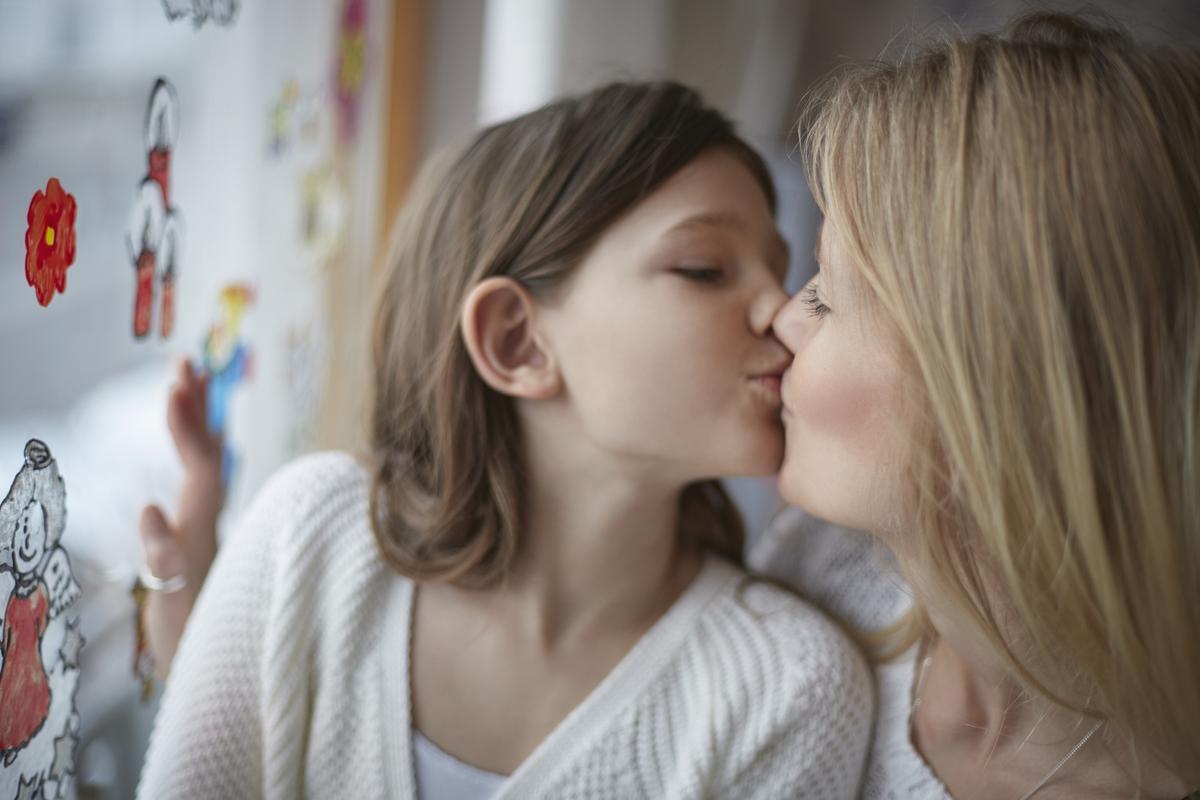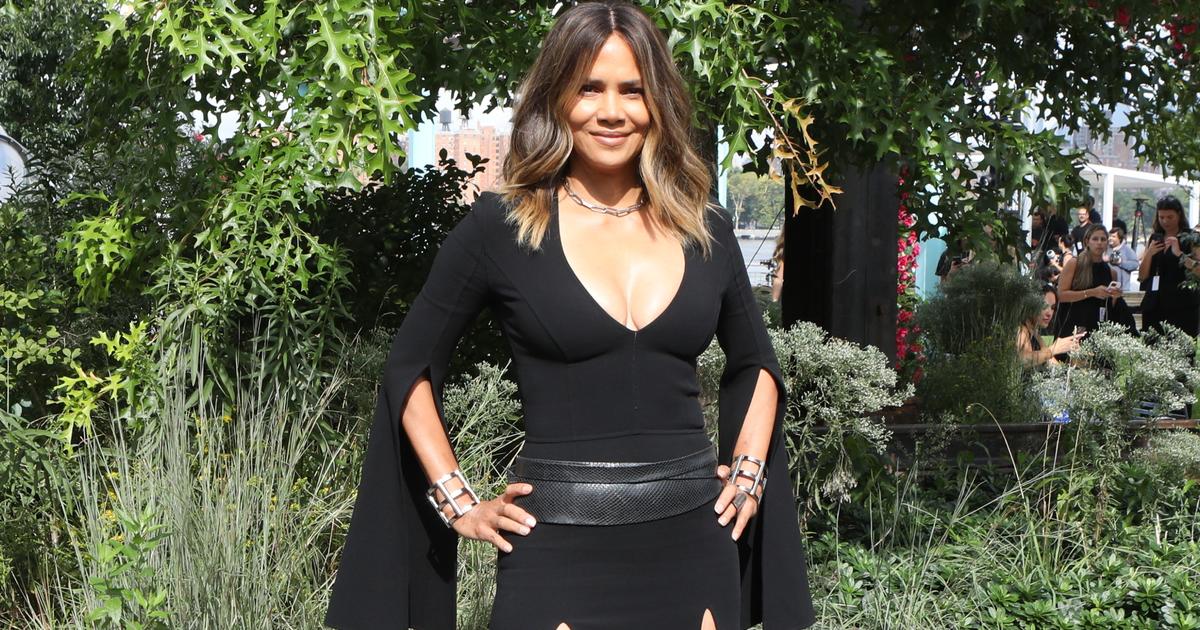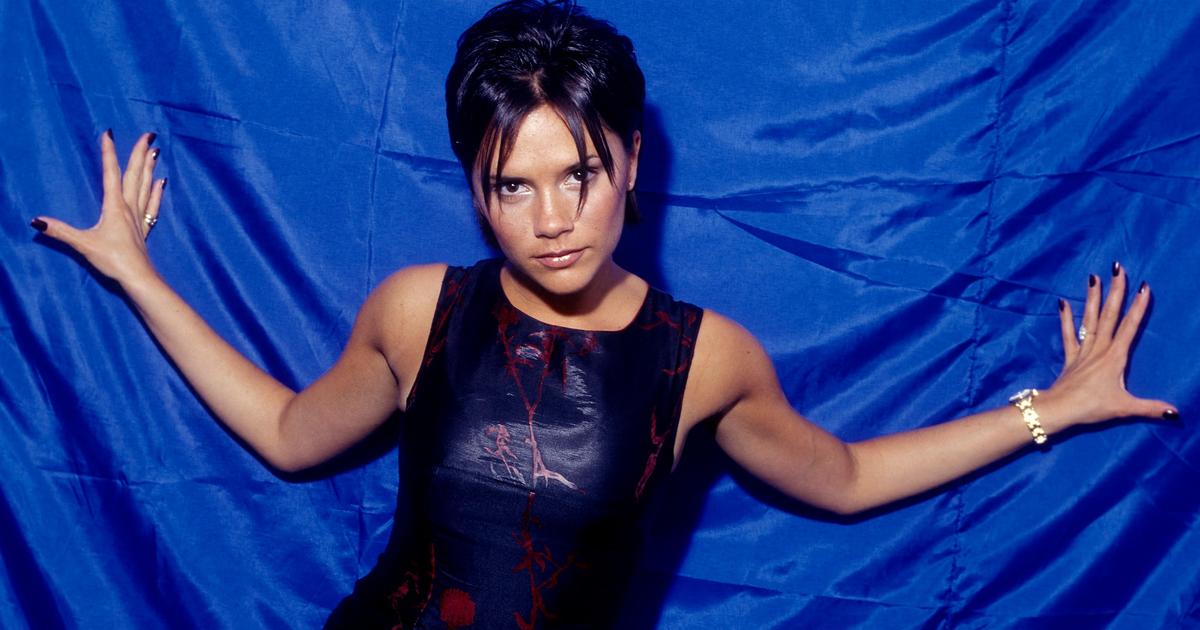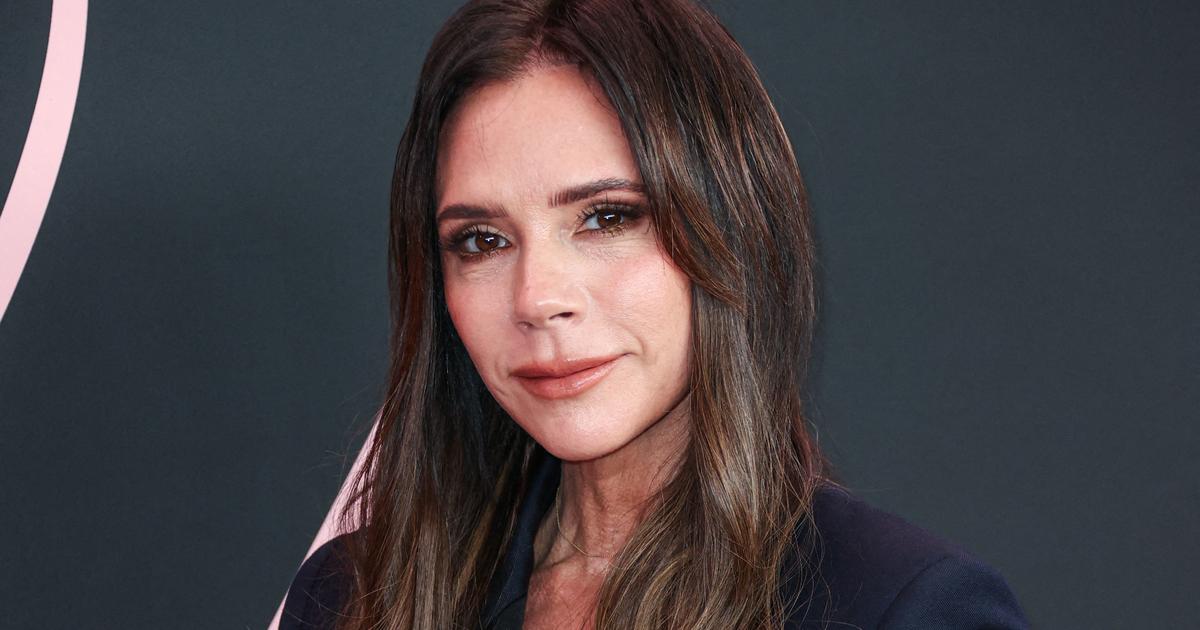This is the story of a kiss.
On January 14, David Beckham immortalizes the memory of a morning walk with his "princess", his daughter Harper, and posts the snapshot on Instagram.
Only the father and the daughter appear mouth to mouth.
The comments section under the post then becomes the scene of a lively face-to-face, between defenders of an affectionate family ritual, and opponents shocked by this gesture deemed inappropriate.
It's not just at the Beckhams that a parent kisses their child on the mouth to show affection.
"To wish each other sweet dreams or a pleasant day at school, kissing on the mouth is a real mode of communication in certain family dynamics", introduces Florence Millot, child psychologist.
Is the gesture unhealthy, as its detractors claim, or are we the ones who sexualize it?
How does the child who receives it interpret it?
We asked these questions to the child specialist.
Read also »
"And if we talked to each other?", Andréa Bescond's podcast to talk about consent, sex and the body with children
Miss Figaro.
-
Why does this gesture unleash so much passion?
Florence Millot.
- Because it is no longer consistent with the world we live in today. In this context, a kiss on the mouth is often a stolen kiss, but in 2022 more than ever, the question of consent arises. The habit is deeply rooted in the child's daily life, so he is not in a position to question it. And since it is established by the parent, it is all the more difficult to question it. The parental figure is intimidating, imposing, in the eyes of the child, who lets himself go. In the kiss on the mouth, there is therefore this question, fire of all the debates: to what extent can the parent be intrusive, and to what extent can he reshape the contours of the intimacy of his child?
Read also »
Delphine de Vigan: "As a parent, do you own the right to your child's image?"
In video: sexuality and consent: the gray area
Does this gesture, almost ritual in some families, risk having repercussions on the representations of the child?
When the child notices that the kiss he receives is the same as the one made between his parents, his whole representation of the family pattern is shaken. Moreover, in these family dynamics, it is not uncommon to find couples formed in the wrong place, the hypercentre of the parental union having migrated to a new form of couple: that of parent and child. In this disorder, the child reinterprets his role and the place he occupies in his family. Seeing himself housed in the same boat as his second parent, he then thinks of himself neck and neck with him. He wants to be a little chef, in charge of the world around him. This confusion may turn out to be problematic later, especially during the installation of the Oedipus complex. The child having strong desires and ambivalences towards the parent of the opposite sex,may position itself as a rival to the second parent.
Without forgetting that in this kiss placed at the gates of intimacy, there is also something that comes from fusion.
The kiss on the mouth is an intrusion, it transgresses the personal sphere of the little ones.
This oppressive presence of the parent barricades all the exit doors for the child, prevents him from seeking out the outside world, from seeking in turn, and despite his young age, a love for himself.
In this sense, kissing is regressive and by doing so, the parent can prevent the child from growing up.
The kiss on the mouth can be problematic during the installation of the Oedipus complex in children.
Getty Images
So parents shouldn't afford the practice?
If we avoid demonizing the gesture, it is actually better never to kiss your child on the mouth. A kiss is very powerful. It is not for nothing that lovers indulge in it for hours. The mouth is a very erogenous zone, fully responsible for enjoyment in some individuals, and it is already at birth. For the little one, it is from her that the first sensations bloom, such as the pleasure of suckling. There can therefore be a form of sensual excitement in the child, although he does not have enough lucidity to put a name to the sensation. Until the age of two, the baby is not yet fully aware of his body, so we can afford to occasionally satisfy his need to "crunch" it, to "devour" it.But we should stop around the age of 3, when the child's quest for autonomy begins to bear fruit.
Listen: the editorial staff podcast
When the gesture is part of a family habit, how can we stop without our refusal being interpreted as a rejection?
The child works by mimicry, he reproduces what we show him. If he has the reflex to open his mouth when we approach him, we must not be afraid to give him a big smile and offer him your cheek instead. He will not experience the experience as a rejection because he has another area where he can come to draw tenderness and affection. In the way of carrying it, in the attitude adopted by the parent in the face of tears, in the way of consoling small sorrows… There are a thousand and one ways to prove your love to a child. And oral contact is not essential to satiate the quota of affection required by the child.
The editorial staff advises you
Parents and their darling: the taboo of the favorite child
Nicknames, signs of affection in public… But why are parents so embarrassing?
Not talking about money to your children to protect them: a big mistake







